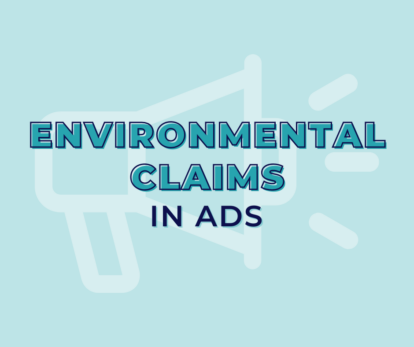You Should Be Marketing Your Vegan Products To Flexitarians


The Advertising Standards Authority (ASA) is the UK’s regulatory body on advertising. The entity’s job is to ensure the factual accuracy of advertising claims and to enforce the Committees of Advertising Practice’s “Advertising Codes”. Lately, the ASA has come under fire from brands that say their ads were unfairly flagged by the entity for making untrue claims about products. In a word, the ASA accused these brands of greenwashing, which means misleading the public about the extent to which their products are environmentally-friendly or sustainable.
The Ethical Globe community is especially cognisant of greenwashing because the practice has been historically deployed by large corporations looking to profit from green consumer trends via slick marketing language that has only a veneer of truth. While we don’t necessarily agree with all of the ASA’s recent rulings involving high-profile brands including Alpro, Oatly, Pepsi Lipton, Aqua Pura, Tier, and Innocent Drinks, we do want to ensure that our community knows how to approach advertising in this new landscape.
Miles Lockwood, ASA’s Director of Complaints and Investigations, wrote a helpful piece in The Drum that outlined the pitfalls to avoid when crafting ad campaigns. Here are our takeaways from the article:

Here’s how Lockwood sums it up. We think it’s sound advice to follow:
“When you’re constructing a claim, keep it simple. Be precise. Limit the claim to what you are really trying to draw attention to. And beware of making big, bold, absolute claims unless you are certain you can back them up.”
You can read The Drum article here.
Here’s more information about greenwashing from a previous Ethical Globe blog post.